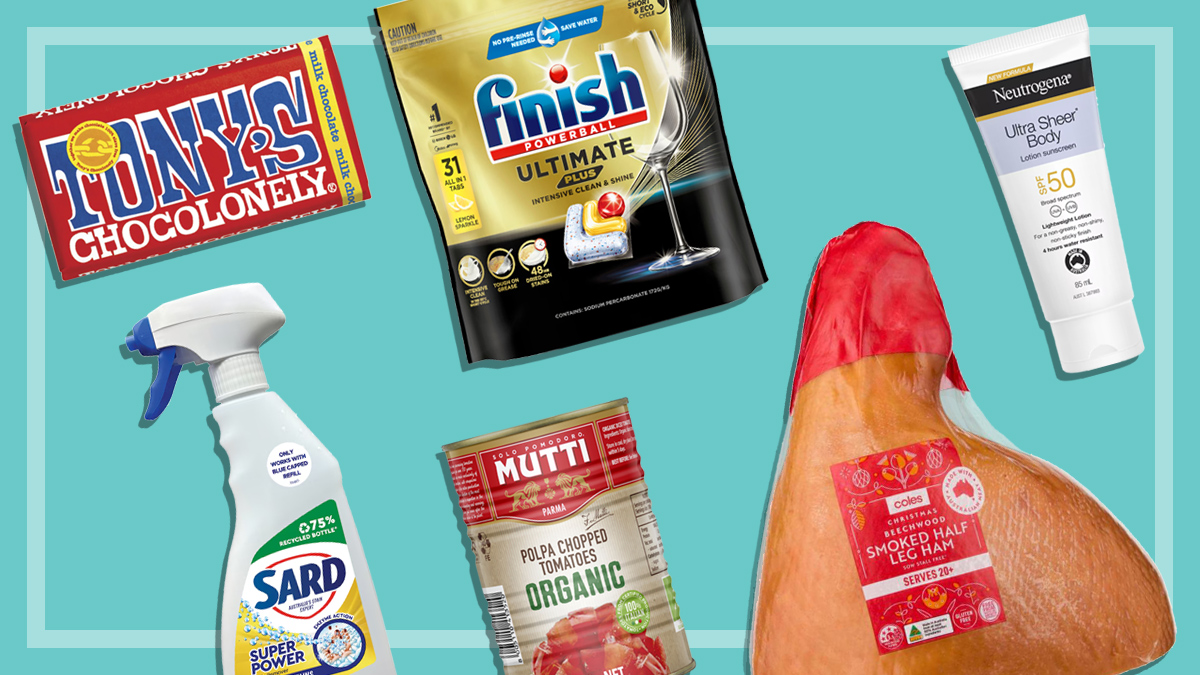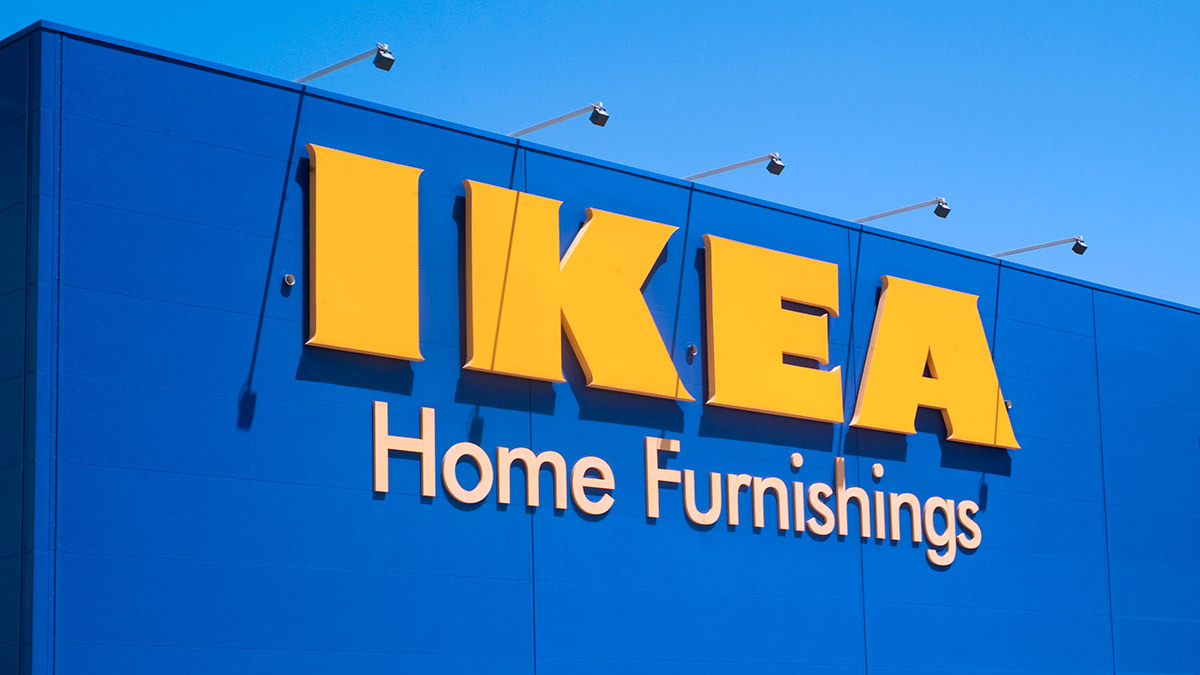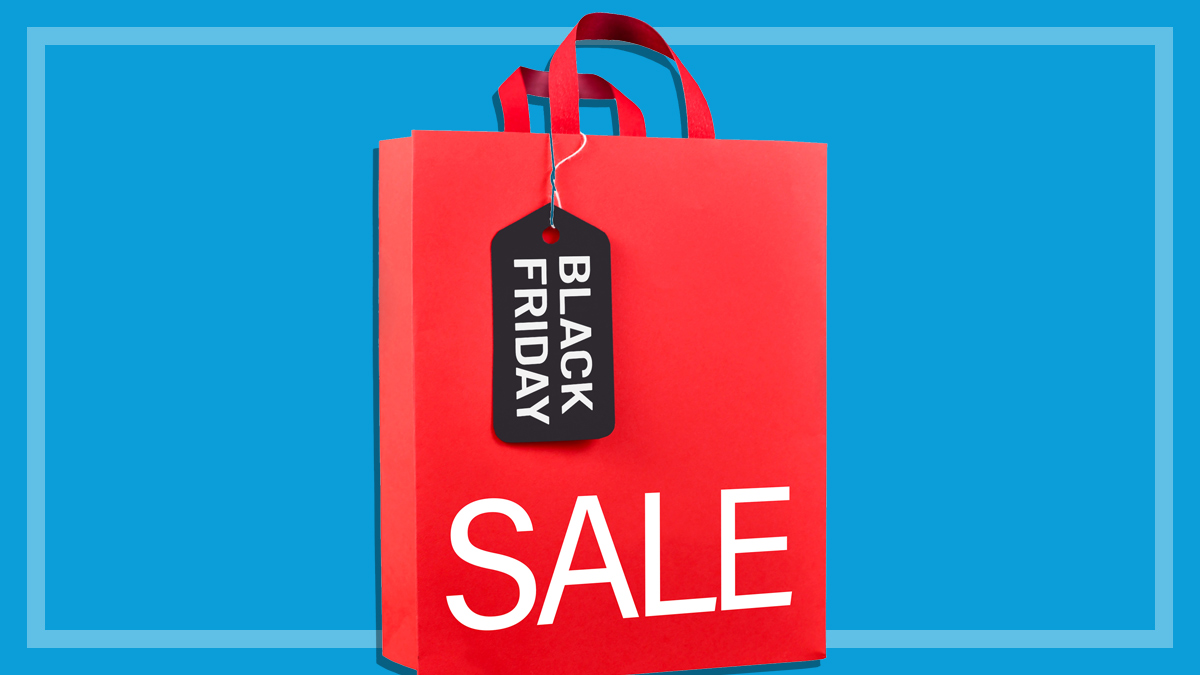Get our independent lab tests, expert reviews and honest advice.
Is it worth buying groceries in bulk from Costco, Amazon, Officeworks or Catch?
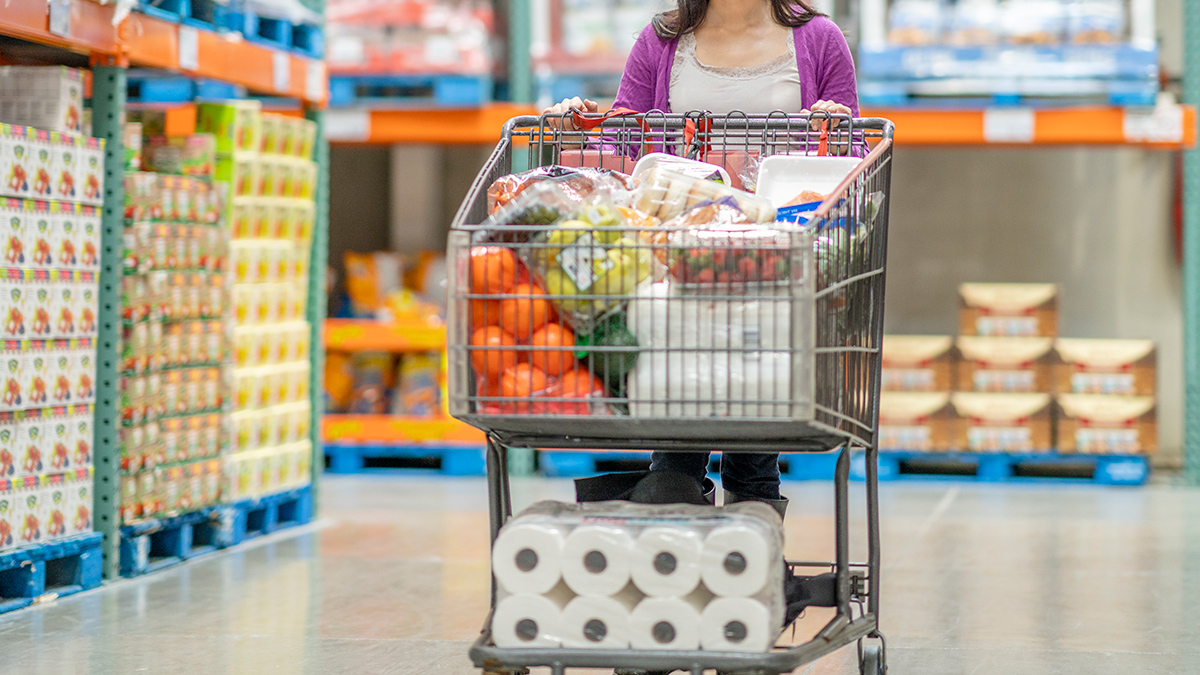
In this day and age of skyrocketing household expenses, grocery shopping has almost become an Olympic sport.
Tracking specials, comparing prices, venturing to new retailers and even gaming loyalty programs have all become essential weapons in the battle to shave dollars off our ever-mounting grocery bills.
On this page:
Maybe you’re nailing the grocery budgeting game, effortlessly vaulting into the checkout with gold-medal savings like a sprightly Simone Biles, or perhaps your shopping style would score fewer points than a Raygun breakdance.
Whatever the case, buying products in bulk is a strategy that could help you save on your grocery bill. But it’s not always the case that buying bigger is better.
Is buying in bulk cheaper?
At CHOICE, we’ve long said that comparing unit prices between similar products is one of the easiest ways to ensure you’re getting the best deal possible.
We hope most people know by now that if you’re in a store looking at shelf prices, the larger jar of Vegemite is likely (although not guaranteed) to be cheaper per gram than the smaller jar. (If you don’t understand how unit pricing works, read the accordion below.)
But is it always a good idea to upsize? And can going one step further to buy products in large multipacks or giant sizes save you even more cash? Before you add that kilo bucket of M&Ms to your cart, we have some advice.
We found that there are definitely deals to be had and certain product categories and retailers may offer better value than others
We analysed prices for 100 packaged products from national online retailers Costco, Amazon, Officeworks and Catch (all of which often offer either larger pack sizes or multipacks) and compared them to prices for the same or comparable products from Coles and Woolies.
We found that there are definitely deals to be had and certain product categories and retailers may offer better value than others when shopping in bulk, but you still need to keep an eye on unit prices.
In our price comparison, we found you could make savings of up to 62% when buying cleaning products in bulk from Amazon for example (as compared to buying the same products at Coles or Woolies) but in other cases, you could find yourself paying more than twice as much to buy bulk muesli bars than you would buying the normal pack sizes in the major supermarkets.
Follow our tips below to sharpen up your supermarket spending.
When shopping online or instore, you can clearly see prices for each product on the shelf label or below the product image. Look closer and you’ll also see a ‘unit price’. This gives the price of the product based on a standard unit of measurement.
For example, a 2kg packet of rice may be $4.80, but its unit price will be listed in smaller writing on the label as 24c per 100g. The unit price lets you compare the price of the product like for like, with different brands or other products, to find out which is the cheapest option.
You might find another brand of rice that seems cheaper at $3 for 1kg, but look at the unit price (30c per 100g) and it’s a quick, simple way to see that the 2kg packet gives you a cheaper deal.
We used unit pricing to compare the cost of buying products in bulk vs. normal size, to determine which offered the best value (and you can too).
Things to consider before bulk buying
While it can be great for people with large families, those who love entertaining or households with lots of storage space, buying in bulk isn’t the best option for everyone, even if it’s cheaper. Here’s what you need to consider.
- Do you have enough storage space? We don’t all have a spare garage, shed or lots of space available in the cupboard. Don’t make the mistake of purchasing 64 rolls of toilet paper just because it’s cheaper and then having nowhere to stash it.
- Will you eat it all before it goes bad? While some products are fine to eat beyond their best-before dates (read about the difference between best-before dates and use-by dates), be wary of buying products in bulk that won’t keep well. And store items correctly: if you’re buying large quantities of rice or flour, for example, ensure they’re stored in well-sealed containers in a cool, dry place.
- Will you actually want/need that much? It’s not a good deal if you buy bulk quantities of, say, packaged snacks, and they sit uneaten for months. Got kids who are obsessed with a certain cracker one day, then avoid it like the plague the next? We hope you didn’t stock up.
- How good is your self-restraint? Buying a jar of Nutella as big as your head or a multi-pack of Tim Tams becomes a less economical choice if you’re going to scoff it all in one sitting. Gluttons beware.
The best and worst bulk buy deals
In order to find out if we should clear our cupboards and stock up on everything in bulk, we turned to retailers that we know sell lots of supersized products.
Of the 100 products we compared between the bulk shops (Amazon, Officeworks, Catch and Costco) and the major supermarkets (Coles and Woolies), we found it was cheaper to buy the bulk option from the non-supermarket retailer 67% of the time.
The discounts we found ranged from as little as 3% all the way up to 62% and the products we found to have the biggest discounts were cleaning products and health, beauty or personal care products such as body wash and baby wipes.
In our sample of prices, we found some bulk products that cost significantly more than their standard supermarket counterparts
This finding tracks with our recent survey of over 200 CHOICE Community members, who told us that they’re most likely to look beyond the major supermarkets when shopping for these types of products.
It’s not all great news though. In our sample of prices, we found some bulk products that cost significantly more than their standard supermarket counterparts.
For example, in confectionery, 1.3kg bulk bags of Allen’s Red Frogs and Allen’s Party Mix at Officeworks were 15% and 10% more expensive than their respective prices at Woolies and Coles. And the 100-pack of Chupa Chups at Officeworks will cost you 45 cents per Chupa Chup, whereas you can pick up a 25-pack of Chupa Chups at Woolworths for just 25 cents per Chupa Chup.
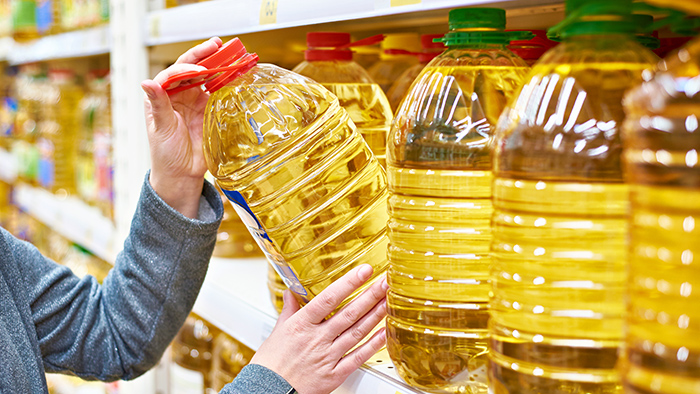
You’re in luck if you’re a clean freak and also love a bargain, though. In our sample, we found lots of good deals on bulk cleaning products on Amazon. Some examples included a 5L pack of Windex Glass that was 62% cheaper than buying the standard 500ml bottle from Coles, and a 3kg pack of Vanish Napisan Oxi Action Gold Multi-Power Laundry Booster Powder that was 59% cheaper than its standard supermarket counterpart.
But, don’t forget to check those unit prices, because Amazon also sells Tim Tams in a 2kg bulk pack that works out to be 1.5 times as much per 100g than if you’d simply bought a standard pack from Woolies.
Does Costco offer good value?
When we did a broader survey of Costco prices in June, we found that of the 23 bulk items we spot-checked against similar items at Coles and Woolworths, Costco had the cheapest unit price 19 times. But to shop at Costco you have to travel to one of the 15 stores across Australia and pay an annual membership fee of $65, which isn’t as convenient as clicking to buy with home delivery from Catch or Amazon.
Speaking of delivery, if you’re buying in bulk from these sites, you’ll also have to factor in the delivery fee, which starts from $7.95 for standard shipping at Catch and from $7.99 for standard delivery to metro areas at Amazon.
Verdict: Is bulk buying worth it?
It definitely can be. But our advice about the importance of comparing unit prices still stands – buying more won’t always guarantee you a better price.
In some cases, it can be tricky to compare prices as retailers don’t always display the unit price, so you have to work it out yourself.
Exploring retailers and deals beyond the major supermarkets can still be a good way to save money on your shop. But if you’re adding that 2-kilo batch of Tim Tams to your cart (no judgement), get your calculator out first.


